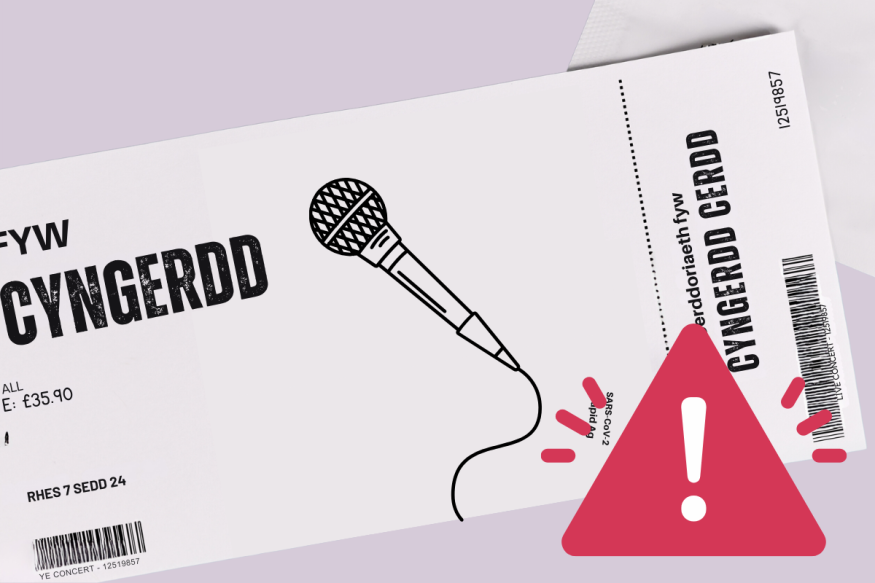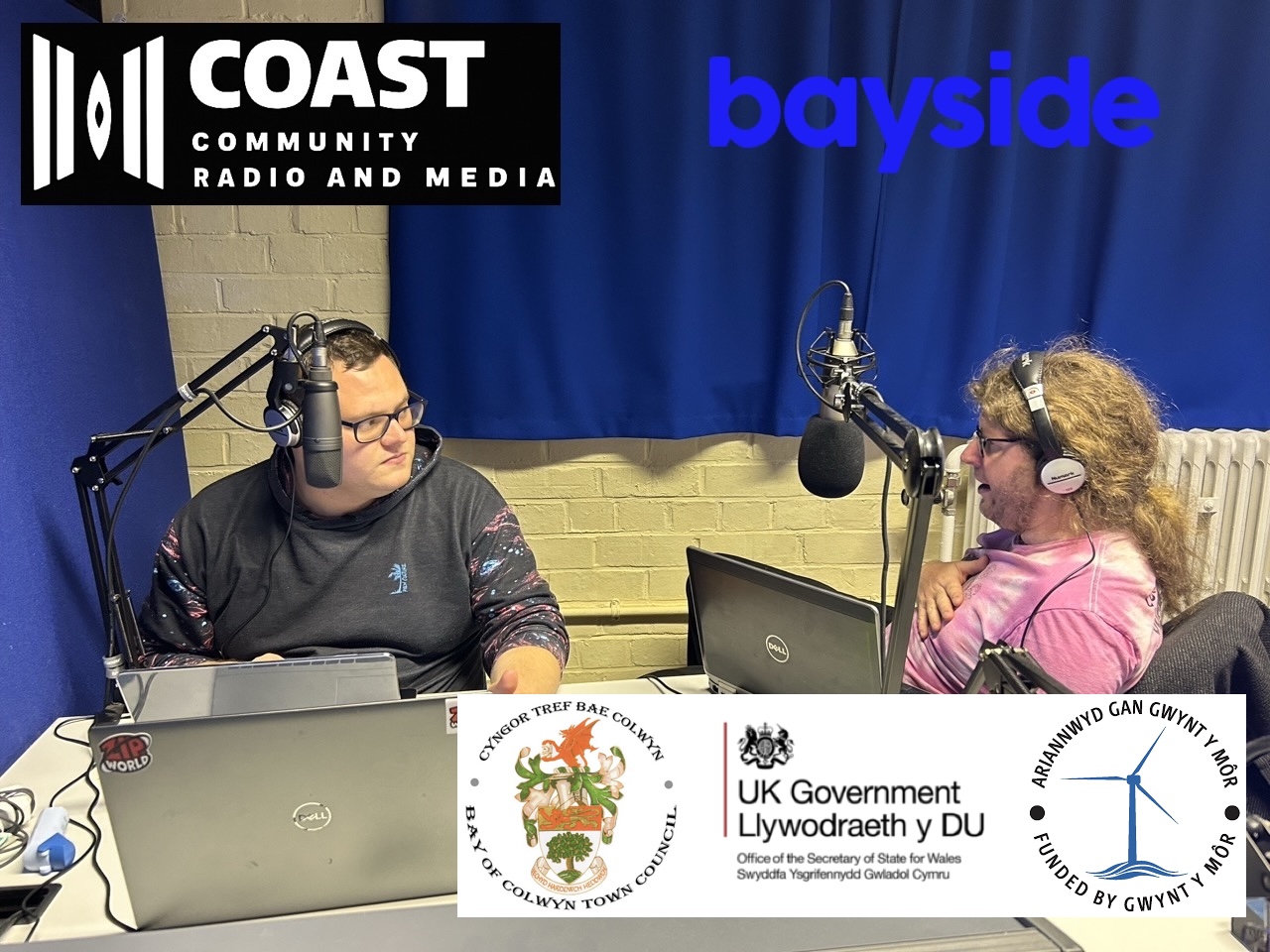
April 04, 2024 - 1846 views
Every music and sports fan knows that tickets for gigs, festivals, big games and tournaments can often sell out very quickly. To avoid disappointment, people might turn to social media, online marketplaces or fan forums to look for tickets. They may get lucky, or they may get scammed, which is even more disappointing as not only do people miss out on tickets, but they also lose their hard-earned money.
Get Safe Online is a leading source of unbiased, factual and easy-to-understand information on online safety in the UK and is a service commissioned by the OPCC and North Wales Police to share helpful information and advice with the people of the area.
According to Action Fraud over 7,000 people fell victim to ticket fraud in 2022 amounting to losses of over £6.7 million with the average victim losing hundreds of pounds each.
“There will undoubtedly be high demand for some of the Euro 24 tickets this summer too. Tickets should only be paid for and transferred through official sellers and websites and wherever possible pay using a credit card, or payment services such as PayPal which give you a better chance of recovering the money if you become a victim of fraud. Avoid paying for tickets by bank transfer, especially if buying from someone unknown.
However desperate you are to get into a gig, festival, or game, don’t buy tickets from anyone apart from the venue’s box office, sports club, promoter, official agent or reputable ticket exchange sites.
Consider that tickets advertised on any other source such as auction sites, social media and fan forums may be fake or non-existent, however authentic the seller may seem and whether they’re advertised below, above, or at, face value.
Don’t be tempted to click on social media, text or email links or attachments offering tickets, as they could link to fraudulent or malware sites.
Paying for tickets by bank transfer – however desperate you are to get hold of them – could result in you losing your money if it’s a fraud. The responsibility for losses lies with you, not anybody else, including your bank.
Check sellers’ privacy and returns policies.
Consider paying by credit card to get additional protection over other payment methods.
Double-check all details of your purchase before confirming payment.
Before buying online check that the page is genuine (carefully enter the address yourself, not from a link) and secure (‘https’ and a locked padlock), and log out when you’ve completed the transaction. You could check if a website is likely to be legitimate or fraudulent at www.getsafeonline.org/checkawebsite.
Keep receipts until after the event.
If you are also searching and booking accommodation, follow our advice on doing so safely and securely.
For more free, practical advice on staying safe online visit www.getsafeonline.org.








